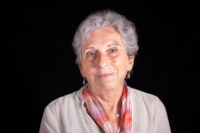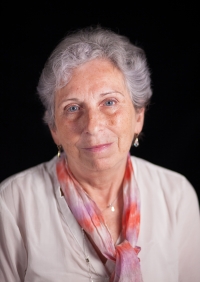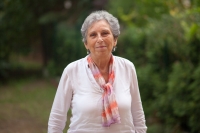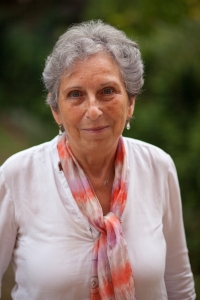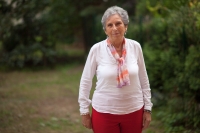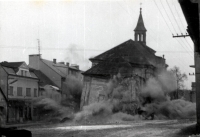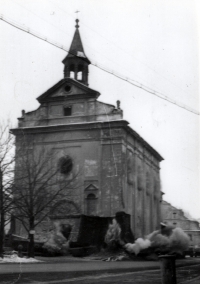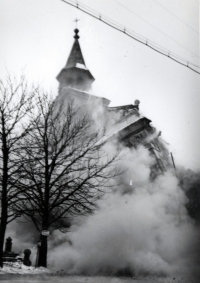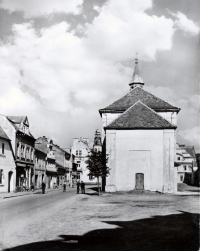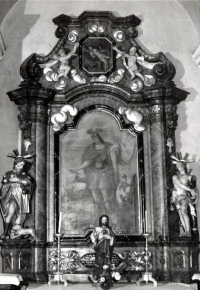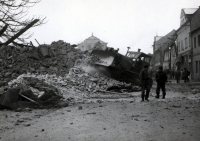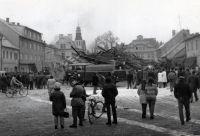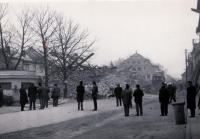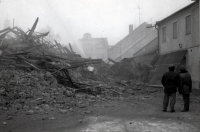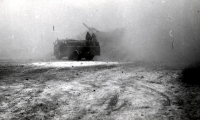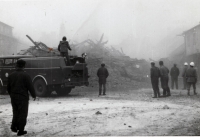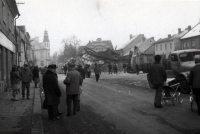Girl from the borderlands
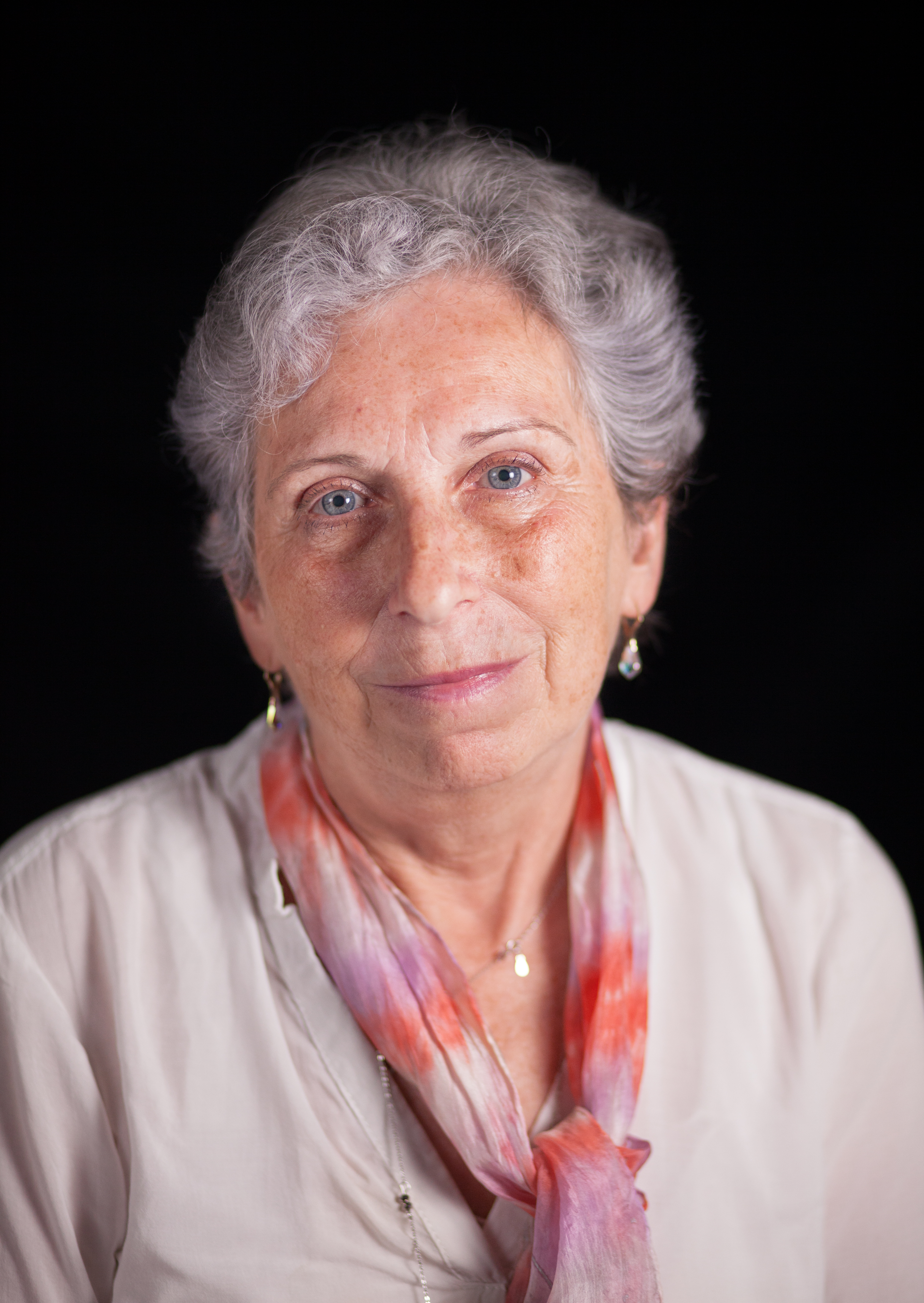
Download image
Jitka Rakovcová was born in 1947 in Nýrsko in the Šumava borderlands area to Antonín and Barbora Terzlový. She lived with her parents in a small house left behind by expelled Germans next to the barracks of the Border Guard. In 1956, she began going to the elementary school on Komenský Street. She was active member of the Pioneers. After completing school, she started work making eyeglasses for a company called Okula. In her free time, she headed a club for young firefighters. Along with the children, she cleaned the bottom of the Nýrsko dam before it was filled. She came to know the young border guards. She eventually married one, Stanislav Hladík, in 1967. She went on to have three daughters in succession: Jitka, Martina, and Stanislava. She experienced the Soviet occupation of Nýrsko in August 1968. On 26 January 1973 she witnessed the demolition of the baroque Church of the Fourteen Holy Helpers on the main square of Nýrsko. In 1981, her husband died while engaged in repair work on the dyke of the Nýrsko dam. Economic need saw her entering work that very year as a care worker in an institution for children with disabilities in Bystřice nad Úhlavou. She experienced the changes in the care sector during 1990s. She got married a second time in 1992 to a man named Karel Rakovec. Because of her poor health, she was forced to return to the Okula glasses factory for work. She retired four years later. She worked part-time as a guide in the Nýrsko Museum. She got involved in amateur theatre. During our filming sessions (2020) she was living peacefully in her home, engaged in university studies, and devoting time to her grandchildren.
